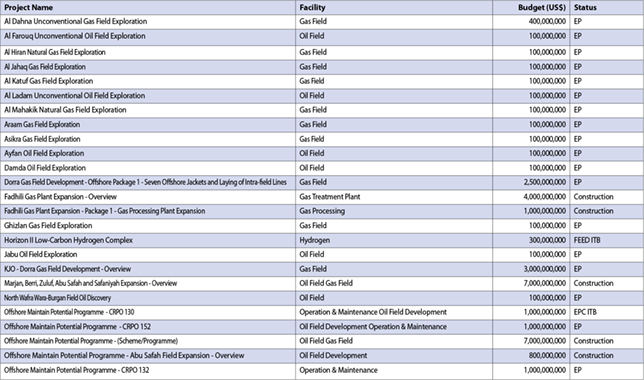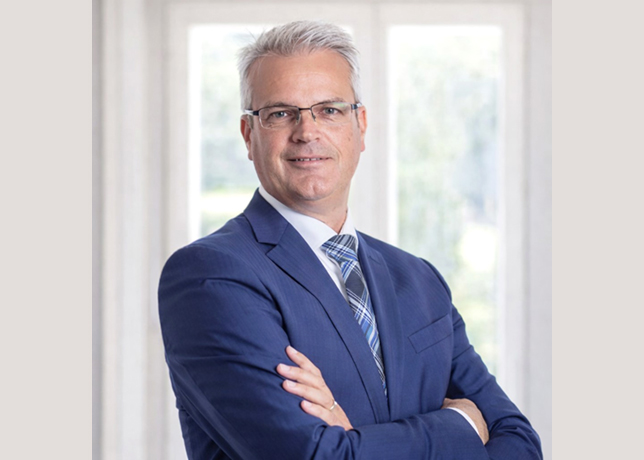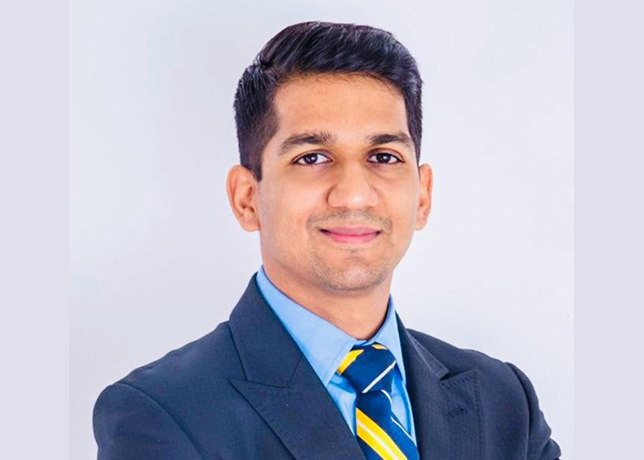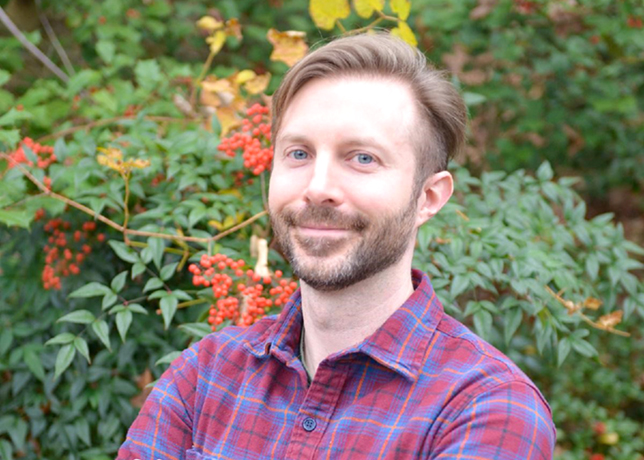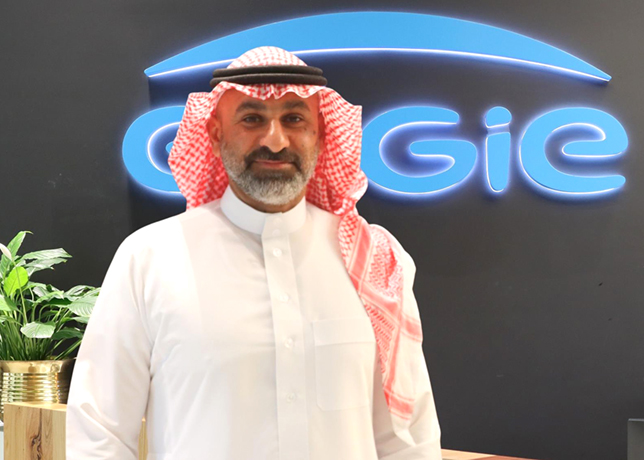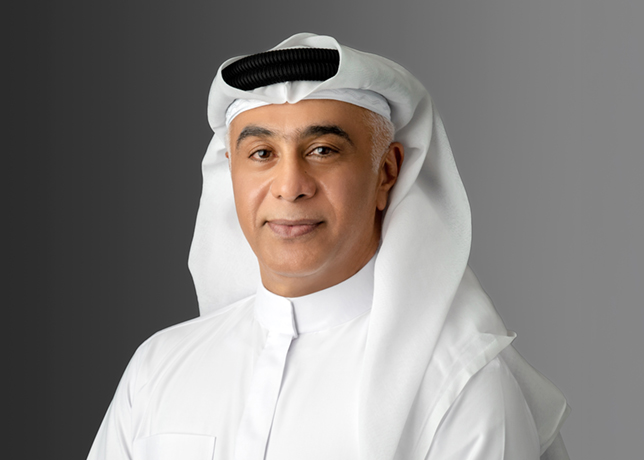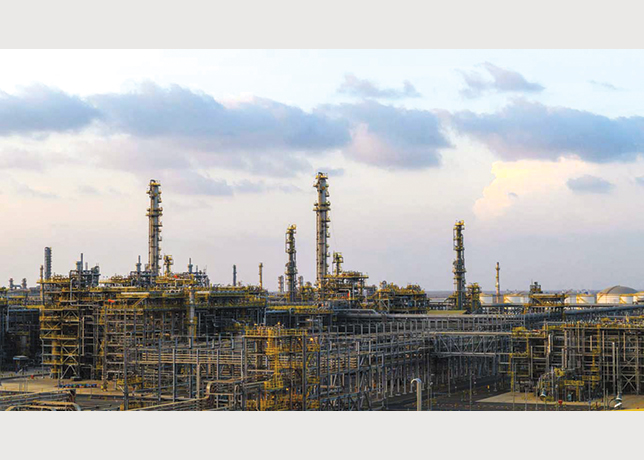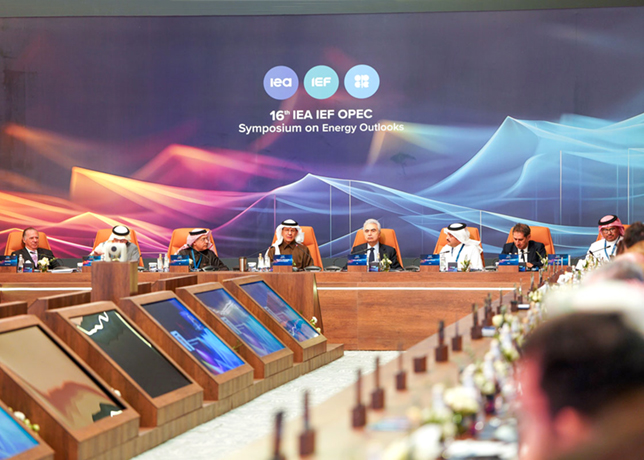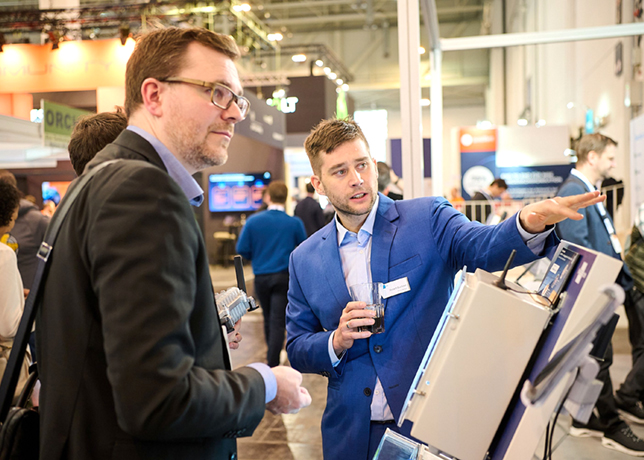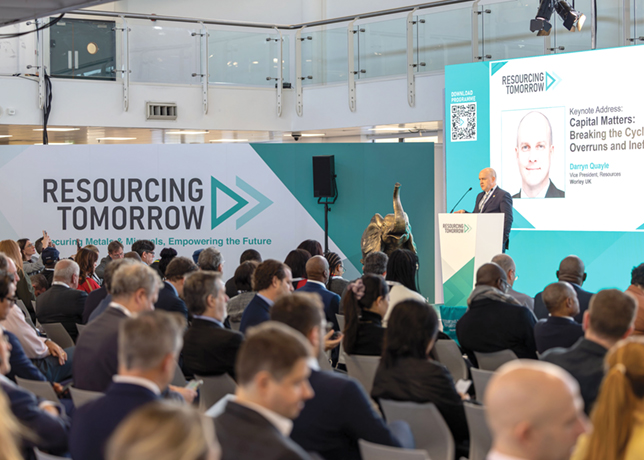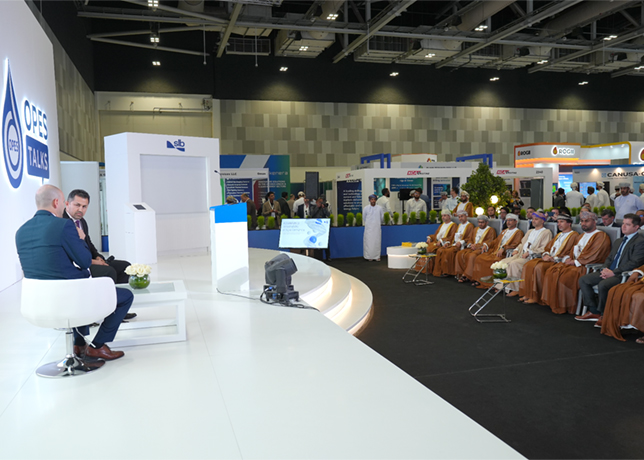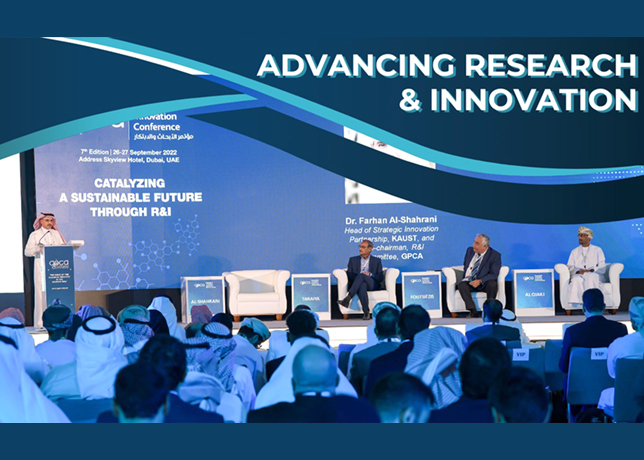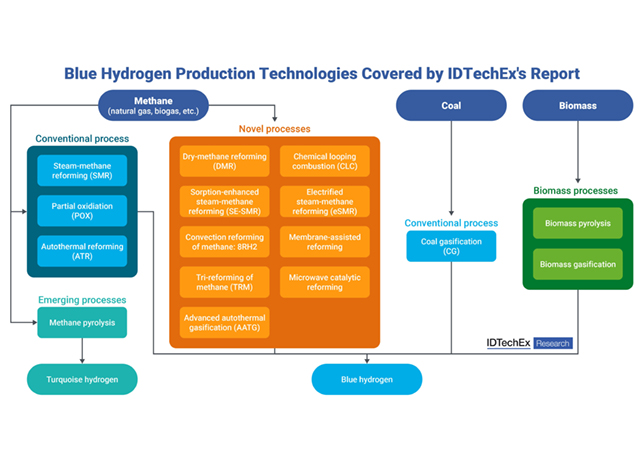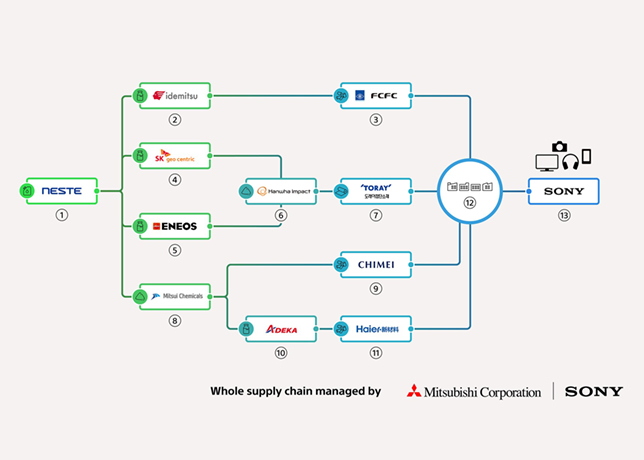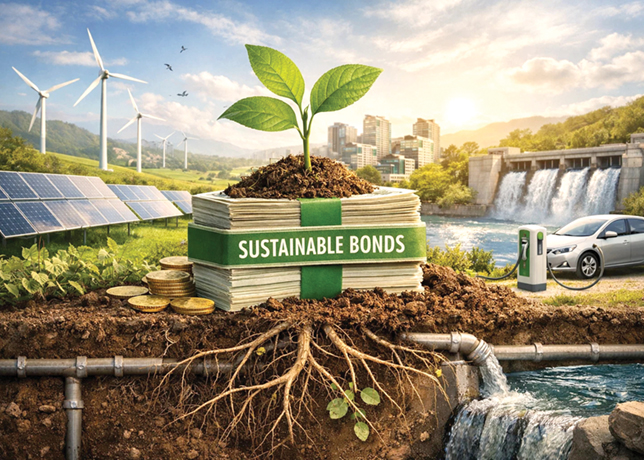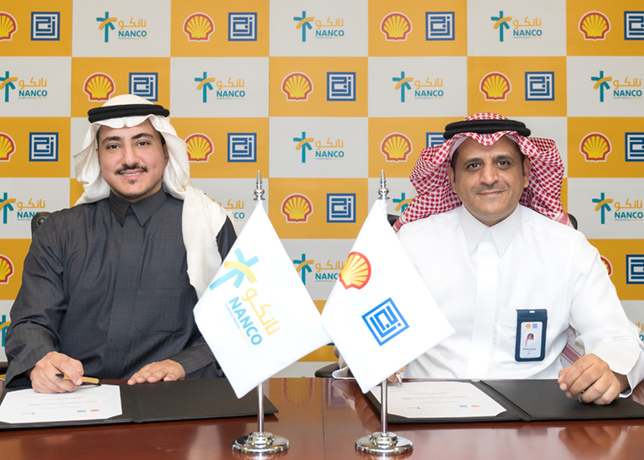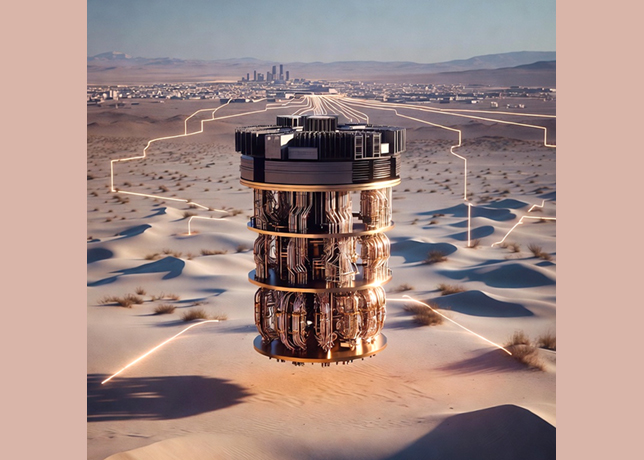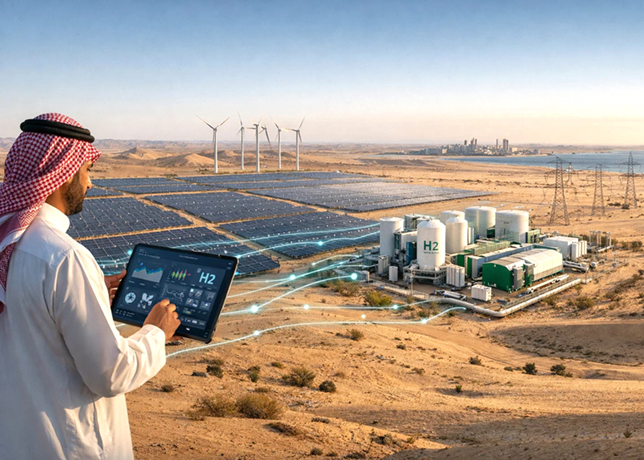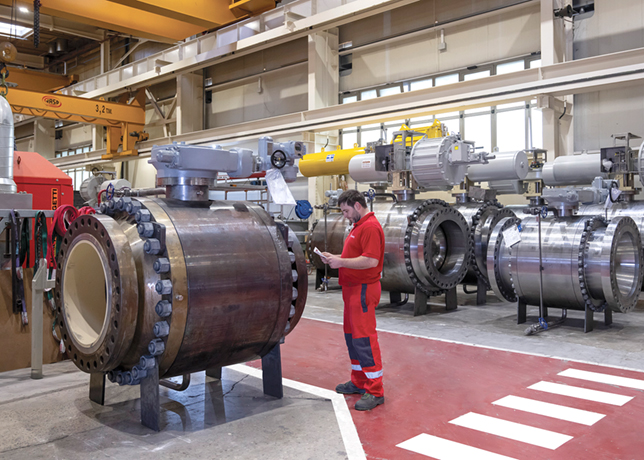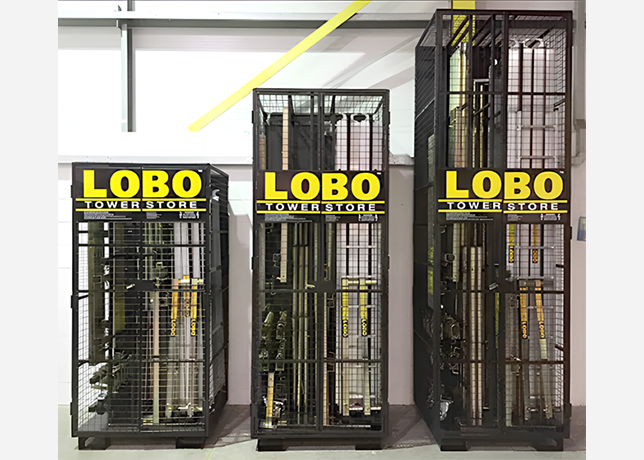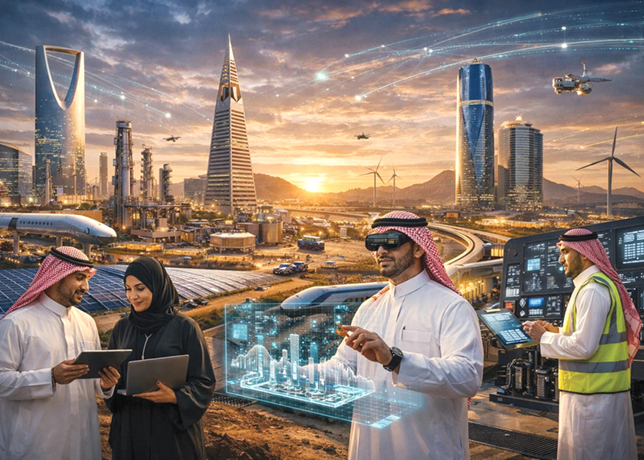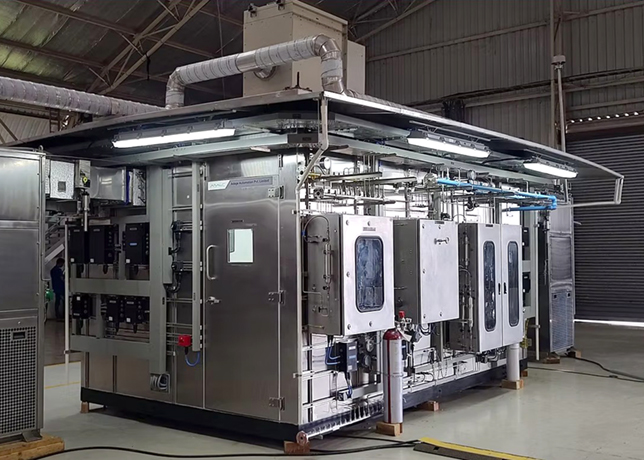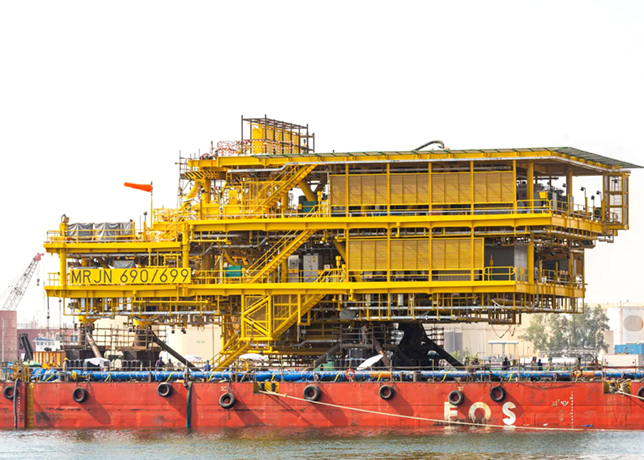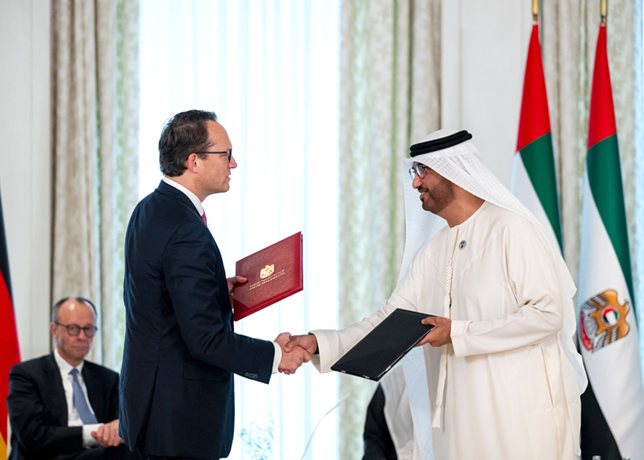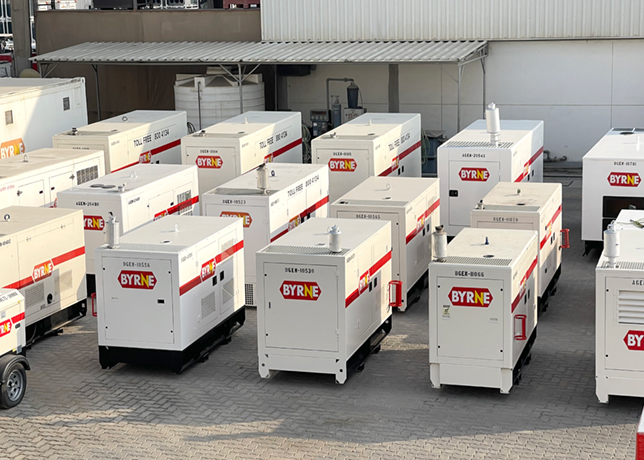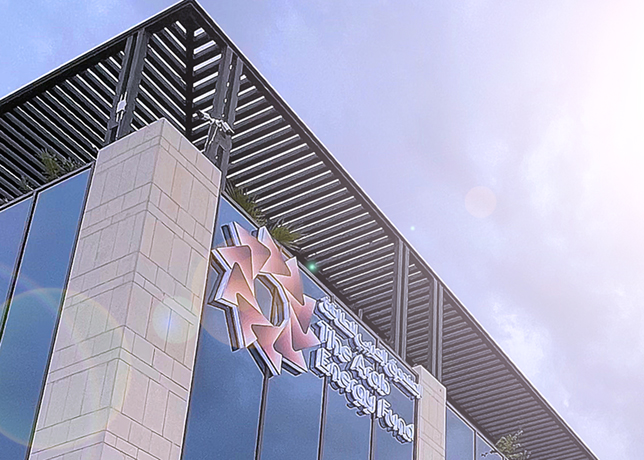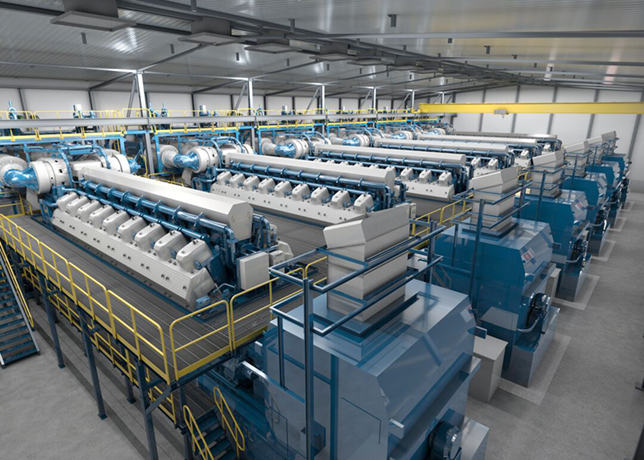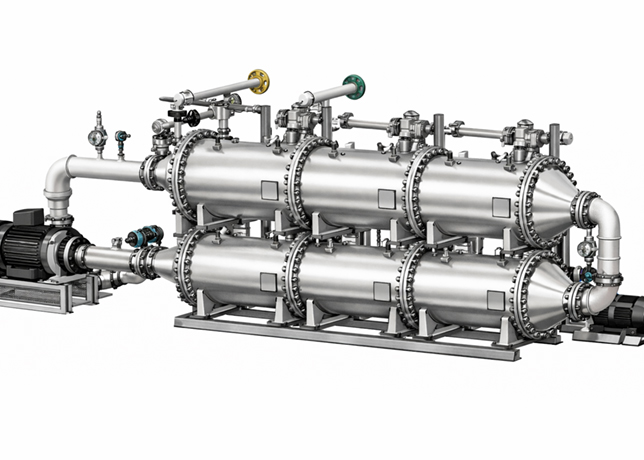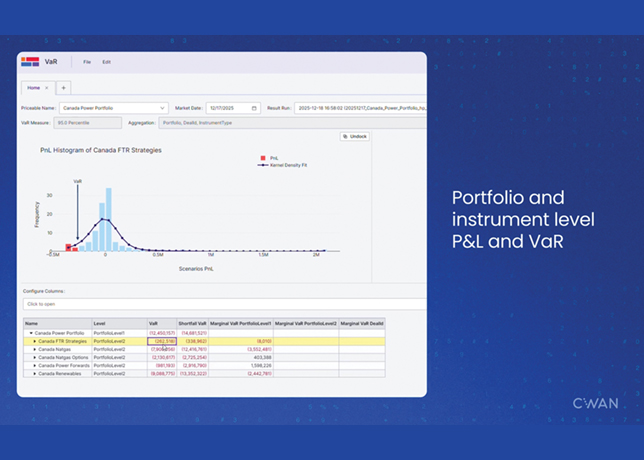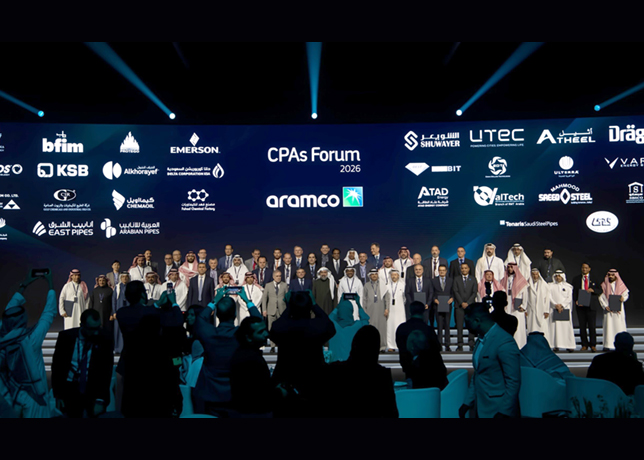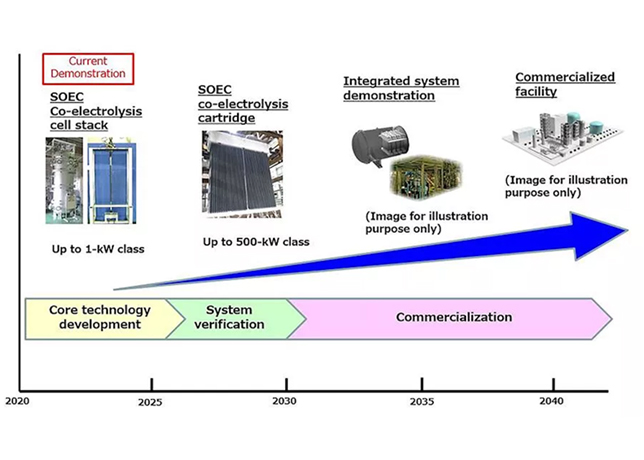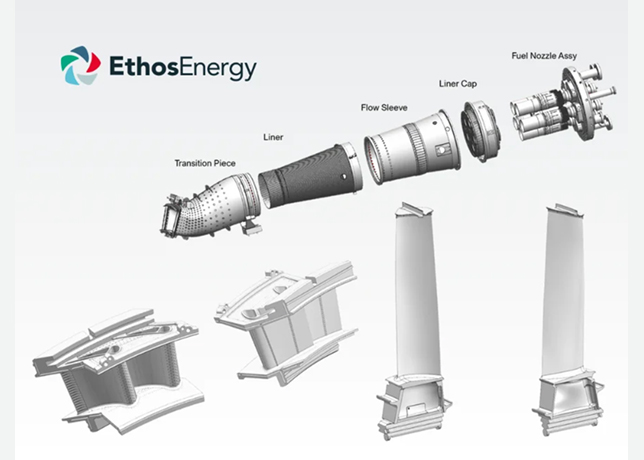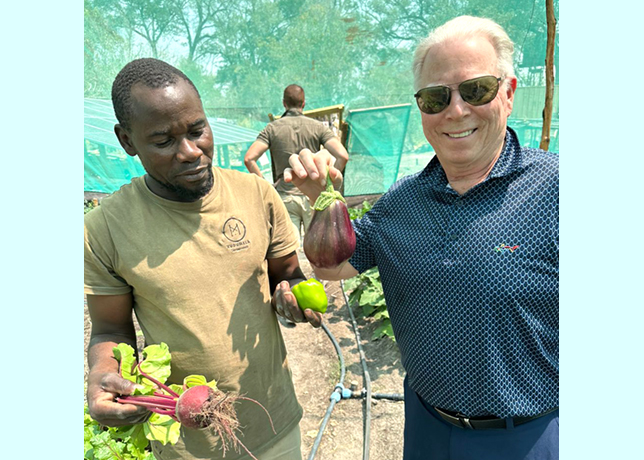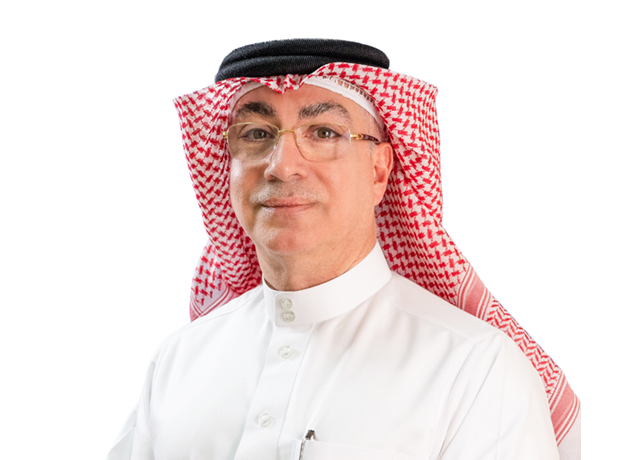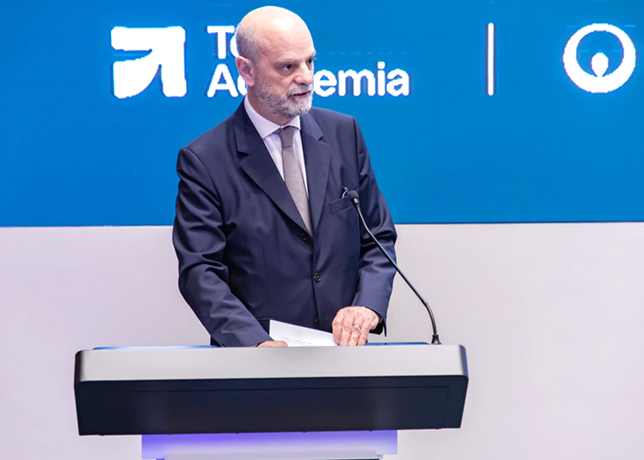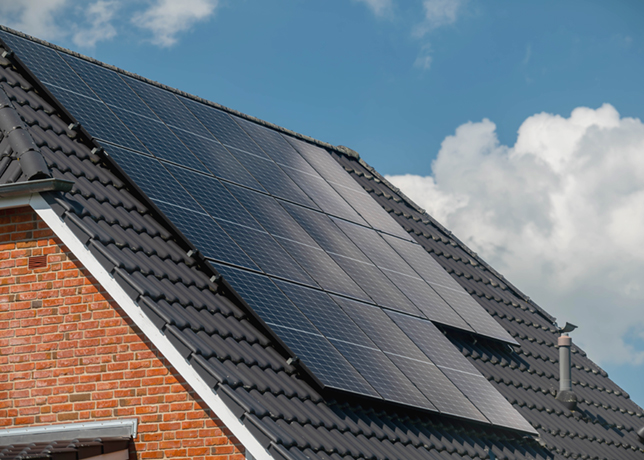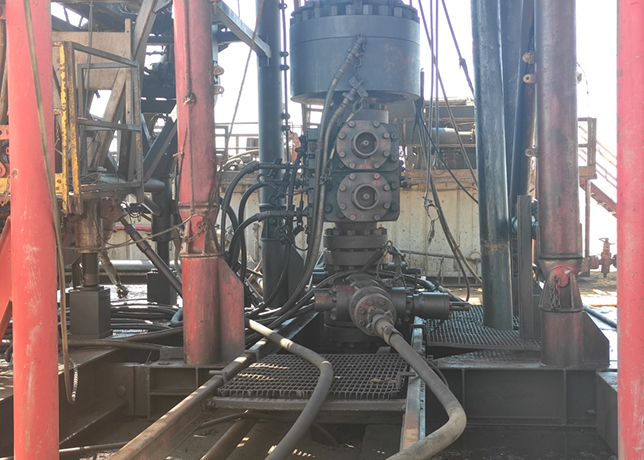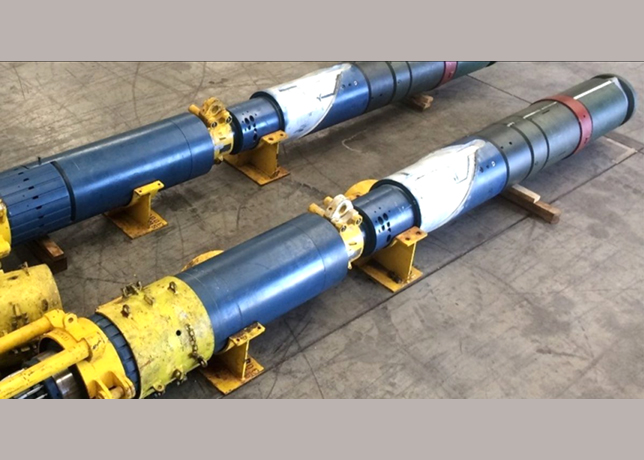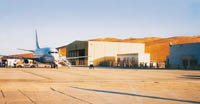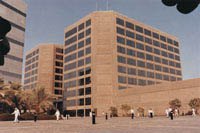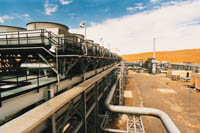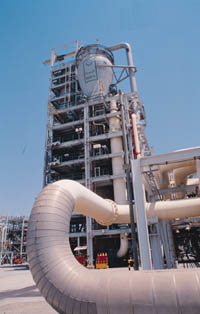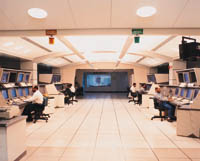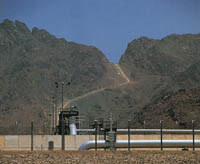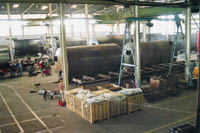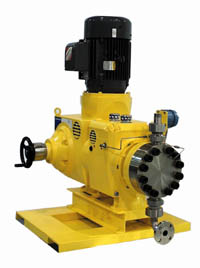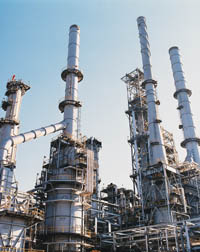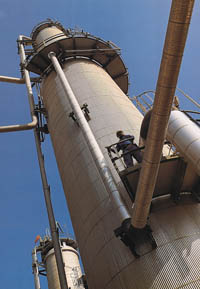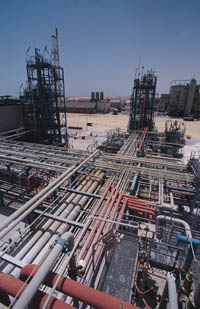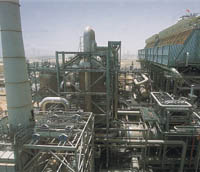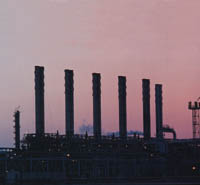
 Saudi Chevron Petrochemical Company ... the first privately-owned primary industry
Saudi Chevron Petrochemical Company ... the first privately-owned primary industry
A number of laws are being liberalised in Saudi Arabia in a move to attract investment at home and from overseas.
For the Saudi Arabian General Investment Authority (Sagia), this means setting up the infrastructure for potential investors.
''Our job at Sagia is to encourage investment in Saudi Arabia and to facilitate the needs and requirements of those wishing to make those investments,'' said Prince Abdullah bin Faisal bin Turki Al Abdullah Al Saud, the governor of Sagia.
''A further role we must play in this massive task is, of course, to support the fact that foreign investors must comply fully with our Foreign Investment Laws,'' he explained.
Sagia plans to help potential investors by setting up 'one-stop-shops' called Comprehensive Service Centres, where investors will be able to gain access to representatives from Saudi Arabia's various government departments, with whom they need to deal to set up their businesses.
The first such Centre was set up in Riyadh, with two more in Dammam and Jeddah planned for this year.
''My aim as governor of Sagia is to decentralise processes as much as possible,'' explained the Prince.
''The goal is that Sagia will not just be another 'Stop Shop' in the sometimes complex systems of Saudi Arabia, but the opposite, a 'No Stop Shop' for the future.''
New policies being implemented by Riyadh mean that Sagia expects investment to come from both domestic and foreign sources.
Sagia's role will be to monitor and oversee these investments.
''This process has now been reduced in most normal cases to almost a registration formality rather than a licencing application, treating all applicants, all sectors and all investors in the same way whenever possible,'' said the Prince.
''Our aim is to become a service market. We do, however, have to take into account both the negative and positive sides of the impact on any investment, policy, law or procedure and their effect on the country, and should be able to recommend positive changes,'' he explained.
The sectors in which foreign investors will not be allowed to invest include upstream oil, but the downstream sector is expected to attract sizeable investments, with the Prince pointing to retail filling stations and a rapidly-growing consumer market.
The petrochemical sector in the Kingdom is already starting to witness private investments, with a whole host of projects now under development and others which are following hot on the heels of the pioneering Saudi Chevron Petrochemical Company, a $636 million joint venture between the Saudi Industrial Venture Capital Group and the US firm Chevron Chemical Company. SCPC was the first privately-owned primary industry in the country when it came onstream in 1999.
The Saudi International Petrochemicals Company (SIPC), formed by a group of private investors, was set up at the end of 1999 to focus on major petrochemical projects in the Kingdom.
An $800 million, three-factory complex in the industrial city of Jubail is already under development, which will initially produce 850,000 tonnes per year (tpy) of methanol and 140,000 tpy of carbon monoxide.
The National Petrochemical Industrialisation Company was set up last year with a capital of $133 million, and is developing a $240 million, 280,000 tpy polypropylene plant in Yanbu.
The Saudi Industrial Development Fund will finance around $107 million of the $240 million, private shareholders will supply $70 million and the remaining finance will be supplied by bank loans.
Meanwhile, Saudi Arabia's Alujain Corp plans to build a 900,000 tpy iso-octane project at a cost of $425 million, having signed a memorandum of understanding with US firm Noble Americas, a subsidiary of Noble Group, to jointly carry out the development of the project.
The plant is expected to come onstream in the first half of 2004.
The Alujain board has also approved the building of a 350,000 tpy propane dehydrogenation project at Yanbu Industrial City at a cost of $285 million to produce polymer-grade propylene.
The response to the formation of the Investment Authority has, according to Prince Abdullah, been largely positive.
''We have received many enquiries, which I feel are due to the many real benefits we can now offer to foreign investors, such as the right to own land and be treated in the same way as a Saudi investor,'' he said.
''I also think that an increasing number of investors have begun to realise the full potential and size of the Saudi market,'' he added.
Saudi Arabia's Gross Domestic Product (GDP) is approximately one fifth of the entire Middle East total, and, with a rapidly rising population and good links to the world's developed economies, the new Foreign Investment Law is, according to the Prince, of great benefit.
''We have, of course, already had some experience of direct foreign investment, amounting to some $50 billion through various joint ventures, mostly in petrochemicals and refineries. Now one of the biggest boosts to the Saudi economy for the future will obviously be strong investment in the Kingdom's 'Gas Initiative'.
Several of the world's leading international oil companies are already bidding to invest vast sums of money on developing Saudi gas infrastructure, a process in which Sagia has no involvement at present.
''The 'Gas Initiative' is, of course, not comparable to a normal, day-to-day investment as it is a project open only to a small number of companies,'' said Prince Abdullah.
Though Sagia does not need to promote this particular kind of investment, it may have a role to play once plans are further developed, said the Prince.
''The idea behind developing the Kingdom's gasfields is to no longer see gas as simply a feedstock for petrochemical plants any more, but as a resource to spark off wide a range of activities to develop and impact on the whole economy, creating the momentum to drive it all forward.
''1 hope that the decisions made concerning which companies will be asked to participate in the 'Gas Initiative' will be reached soon so that the programme can get under way.
''I hope that the investments that will be made in due course in the initiative will help us in our drive towards increasing localisation, providing new jobs and, more importantly, transferring technology and training Saudi people. Our people are very important to us and we must develop their skills and talents as well as our industries.''
The Gas Initiative is part of a major Saudi plan to maximise the economic and social benefits of its natural gas resources to the year 2025 and beyond.
Ultimately, the Kingdom is targeting the development of a self-sufficient, fully-integrated industry which is able to make gas available to the economy at competitive prices.
Thus, downstream petrochemical projects and other industries will be developed, while electricity and water will also be generated for industrial needs.
To this end, Riyadh's Second Industrial City is set to receive gas from the Eastern Province under an SR25 million project which will consist of a distribution network linked to Saudi Aramco's natural gas pipelines.
Such an ambitious project is the first of its kind in the Kingdom and is initially expected to benefit 25 industries in the area when it is completed in approximately one year. It is expected to reduce the cost of gas consumed by factories in the Riyadh region by 80 to 90 per cent.
Officials say that, along with increased cost effectiveness and significant environmental benefits, there will be considerable investment opportunities and incentives from the project.
Saudi Arabia is in urgent need of a more developed natural gas infrastructure.
Domestic demand for the resource has surged at an annual average of 11 per cent since 1984, according to official figures. Demand of more than three billion cu ft per day last year is expected to increase by more than eight billion cu ft per day by 2012.
Some of this demand will come from power consumption.
Intensive exploration efforts have added six trillion cu ft per year to the country's reserves over the last decade, but more is needed, especially from non-associated fields.
Some officials in the Kingdom estimate that $44 billion will need to be spent on developing the country's gas reserves over the next 25 years.
Any investments in this sector will therefore be considered, the benefits of using gas domestically far outweighing the benefits of exporting it.
''With direct foreign investment we are not just looking for money to be invested in the country,'' Prince Abdullah stressed.
''It is the efficient and practical management of skills and technology that we also require and which we have lacked in the past, and through which we will achieve real growth in the Kingdom.''



